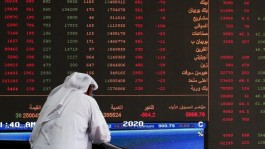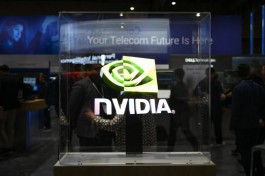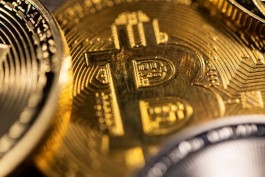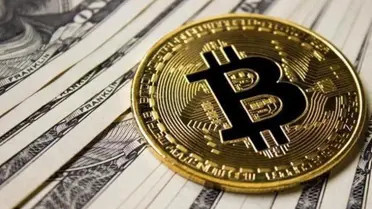In recent weeks, the Ethereum community has been grappling with an issue that has many users concerned. Increased gas consumption on the grid.
Gas fees are being charged to process transactions on the Ethereum blockchain, and have been rising at an alarming rate.
Ethereum gas fees have risen to the highest level in 12 months according to data from Dune, shared by data scientist Hildobby. The average price of ETH gas, measured in gwei and averaged over a seven-day period, increased. to 87, a level not seen in the past twelve months. Since May 2022. The average transaction fee is now hovering around $50. This is a significant increase from a few months ago when it was under $10.
High gas fees frustrated users. who found it increasingly costly to make simple transactions on the network. It finds many users on a small scale. Such as decentralized application (dApp) developers, merchants, and retail investors. Difficulty participating in the Ethereum ecosystem due to the high cost of gas fees.
The return of memes The problem is primarily due to the growing demand for transaction processing on the network, as memes are returning to the market after being silent for about two years. over the past few weeks. Memes trading is gaining momentum, with most of the trading activity happening on the Ethereum blockchain.
One such memcoin is PEPE. Its market value has jumped more than 100-fold in the past two weeks after its launch in mid-April. Other meme coins that have been making waves over the past few weeks include ArbDogeAI, WOJAK, and SHIBAI.
Another possible reason for the high ETH gas fee is the resurgence of NFT trading on the Ethereum blockchain. While these volumes decreased significantly in April. Possibly due to the revival of memecoins, it was reported to have reached $4.7 billion in the first quarter of 2023. an increase of 137% over the previous year.
Furthermore, data from blockchain intelligence platform Glassnode revealed that gas consumption from NFT-related activities on Ethereum rose by 94% between January and February.
The way forward The Ethereum community is actively working on solutions to address the problem. Including implementing the Ethereum Improvement Proposal (EIP) 4844. This proposal aims to reduce gas fees and transaction throughput by introducing a new type of transaction that accepts “points” of data.
In the meantime, users have had to adjust their strategies, with some choosing to conduct transactions during peak hours when gas fees are usually lower. Others have switched to alternative blockchains that offer lower fees or opted for Layer 2 scaling solutions such as Polygon to reduce transaction costs.






































